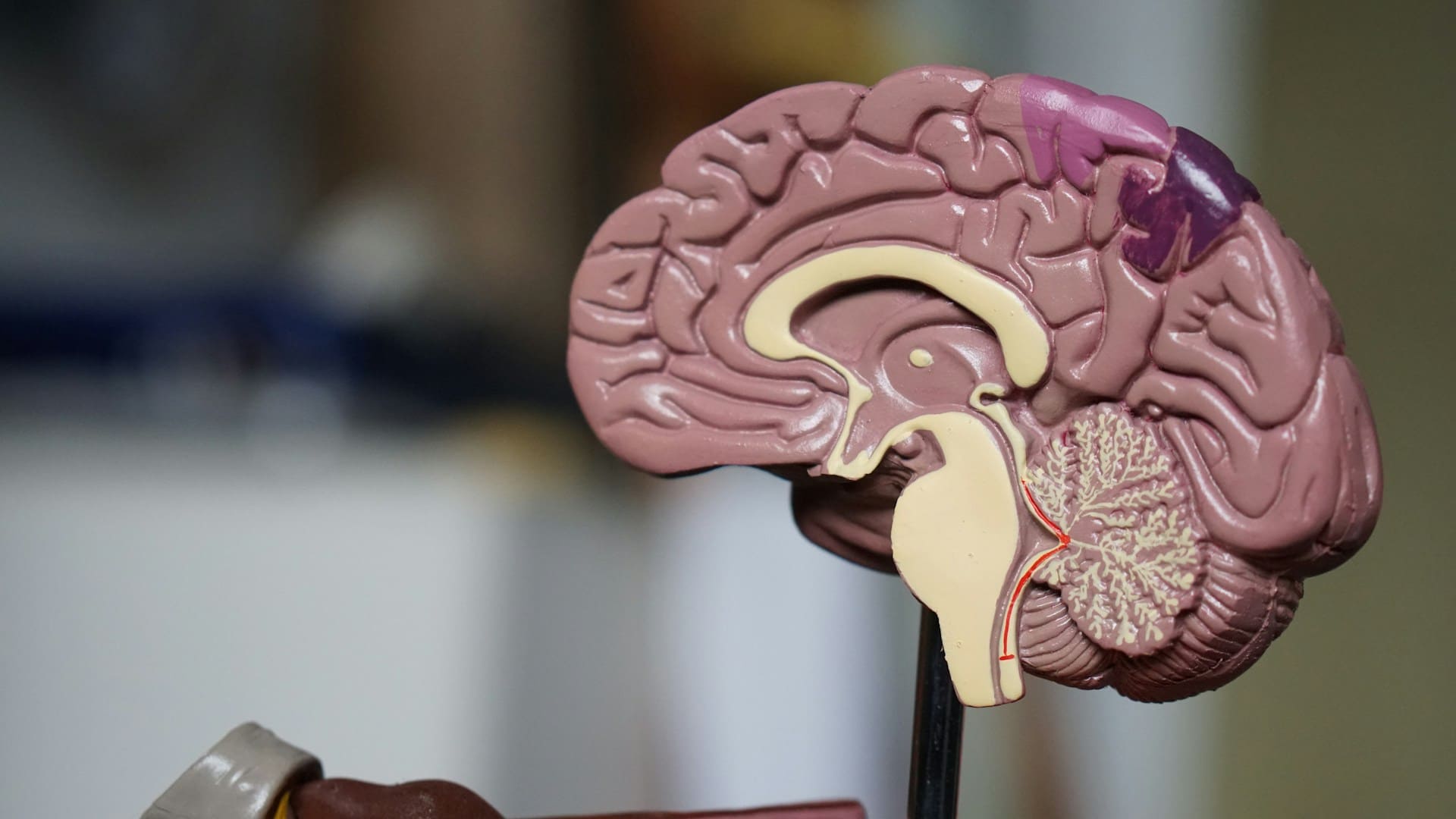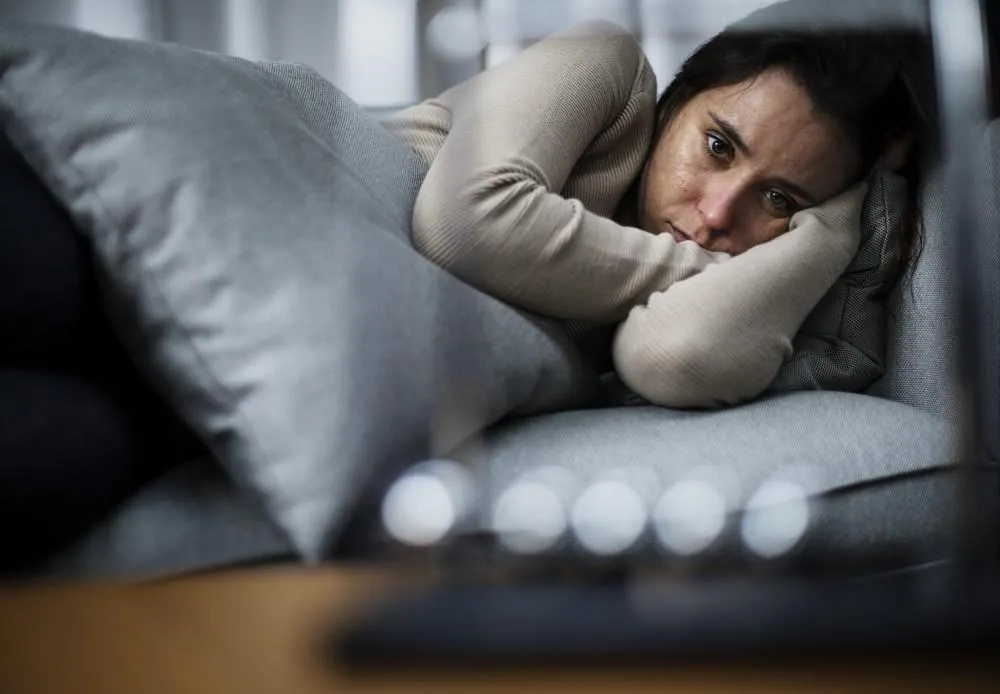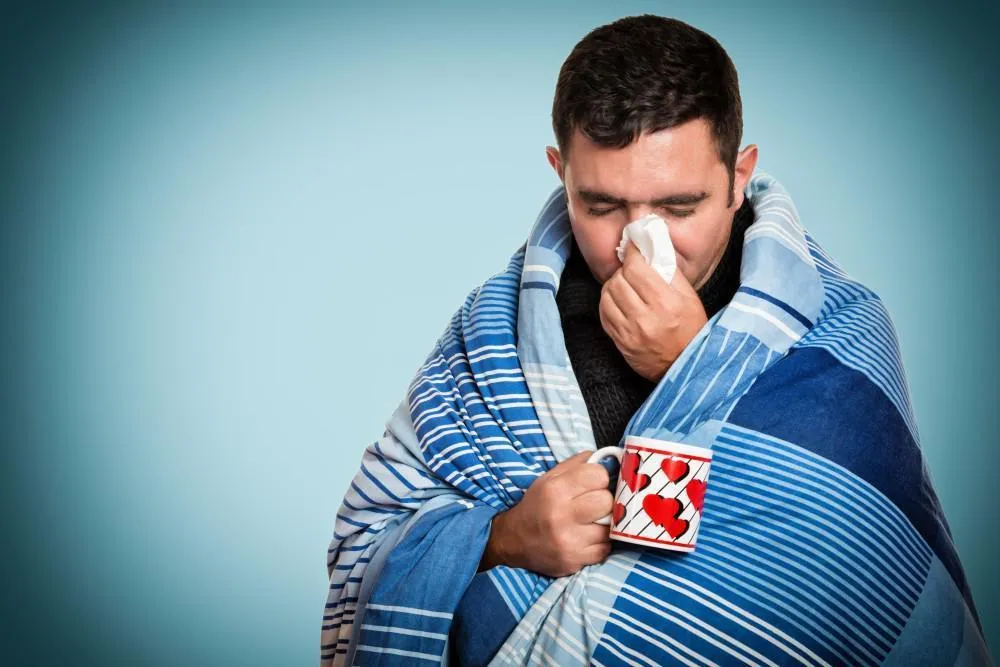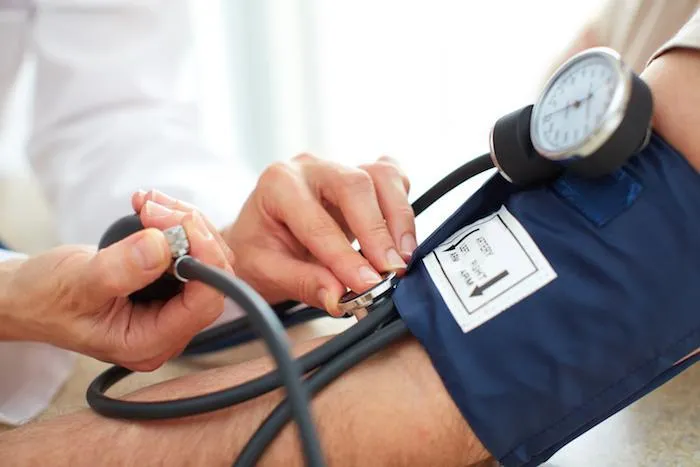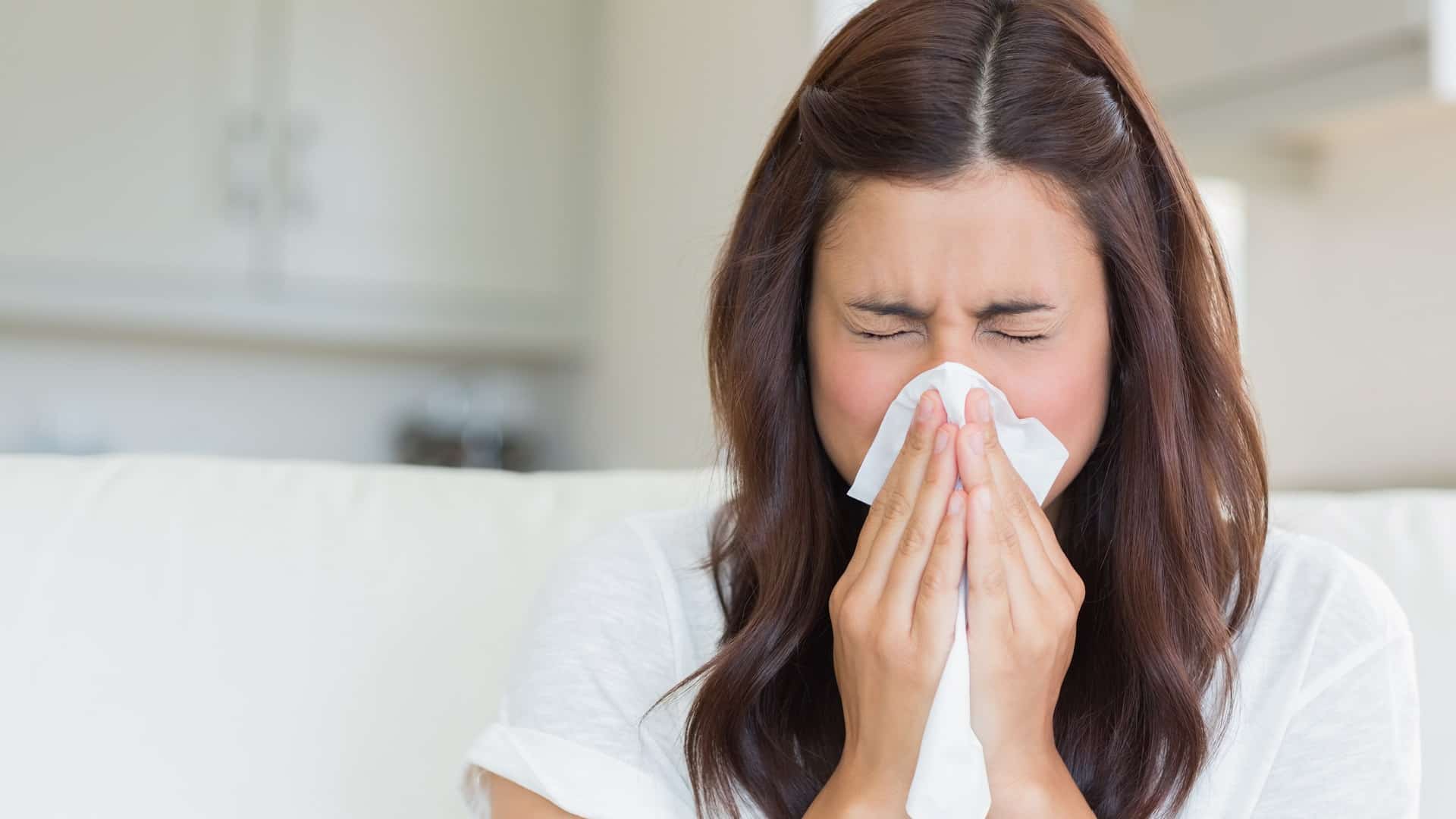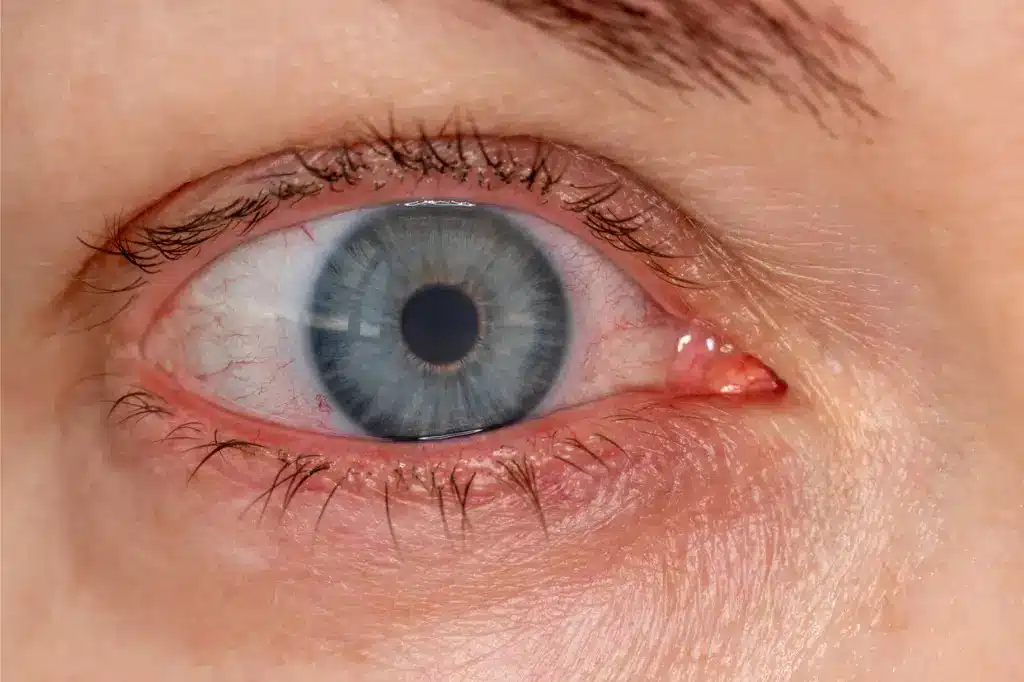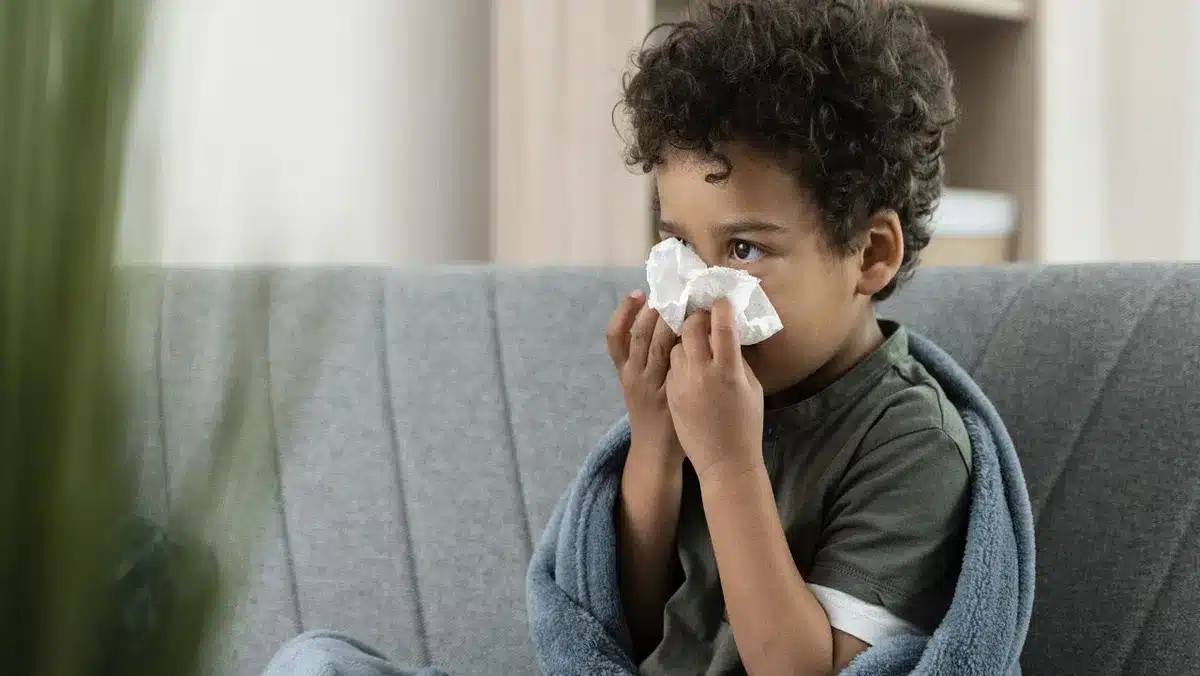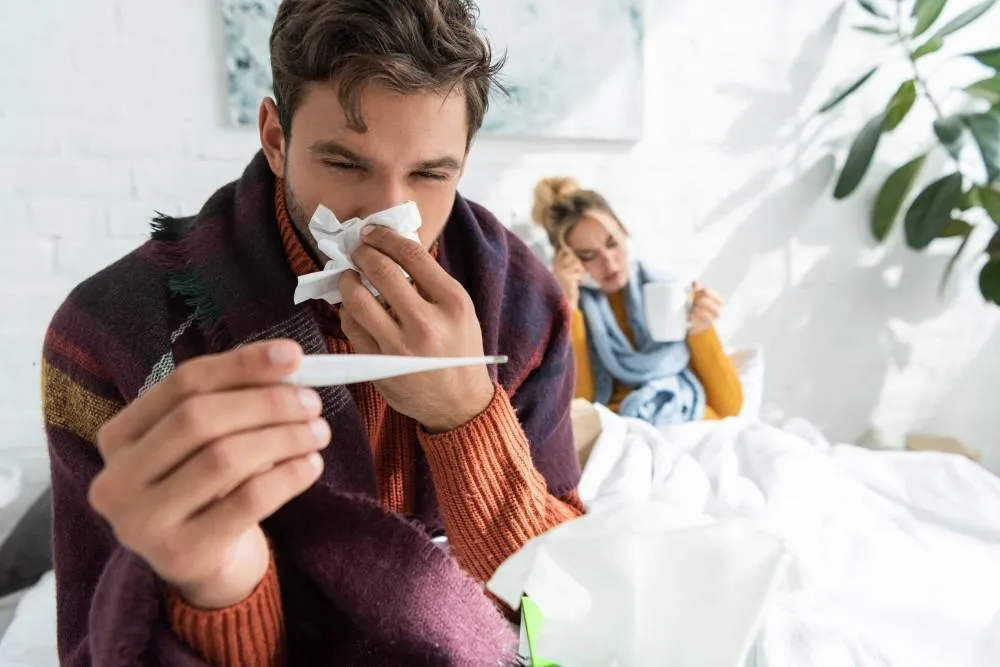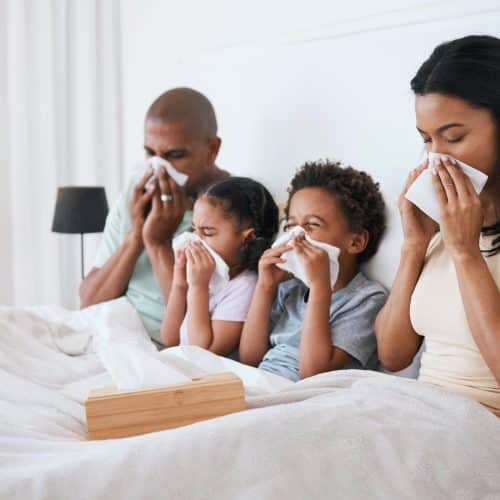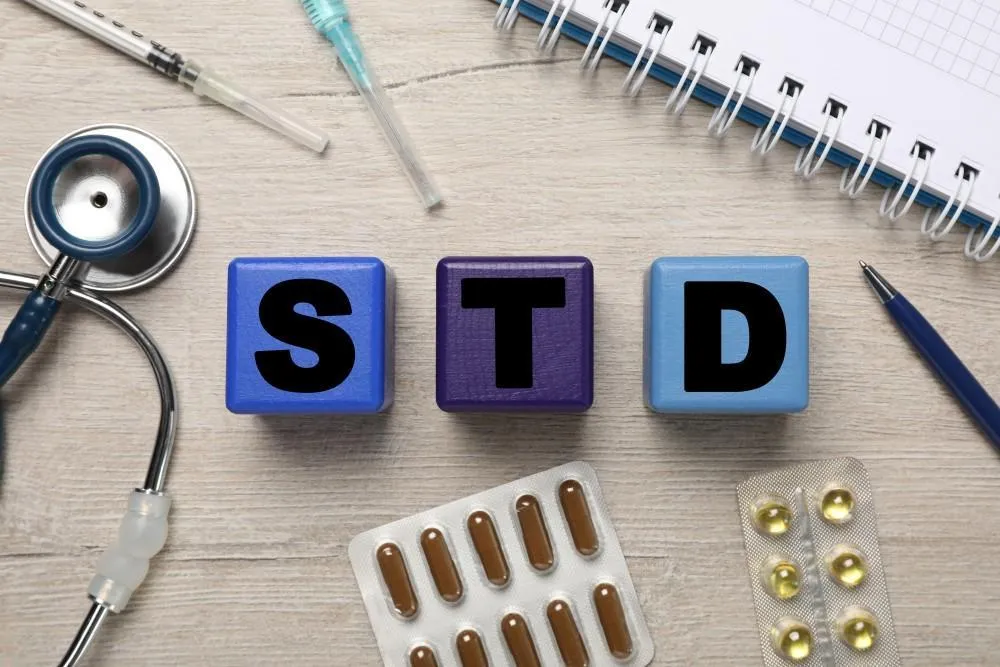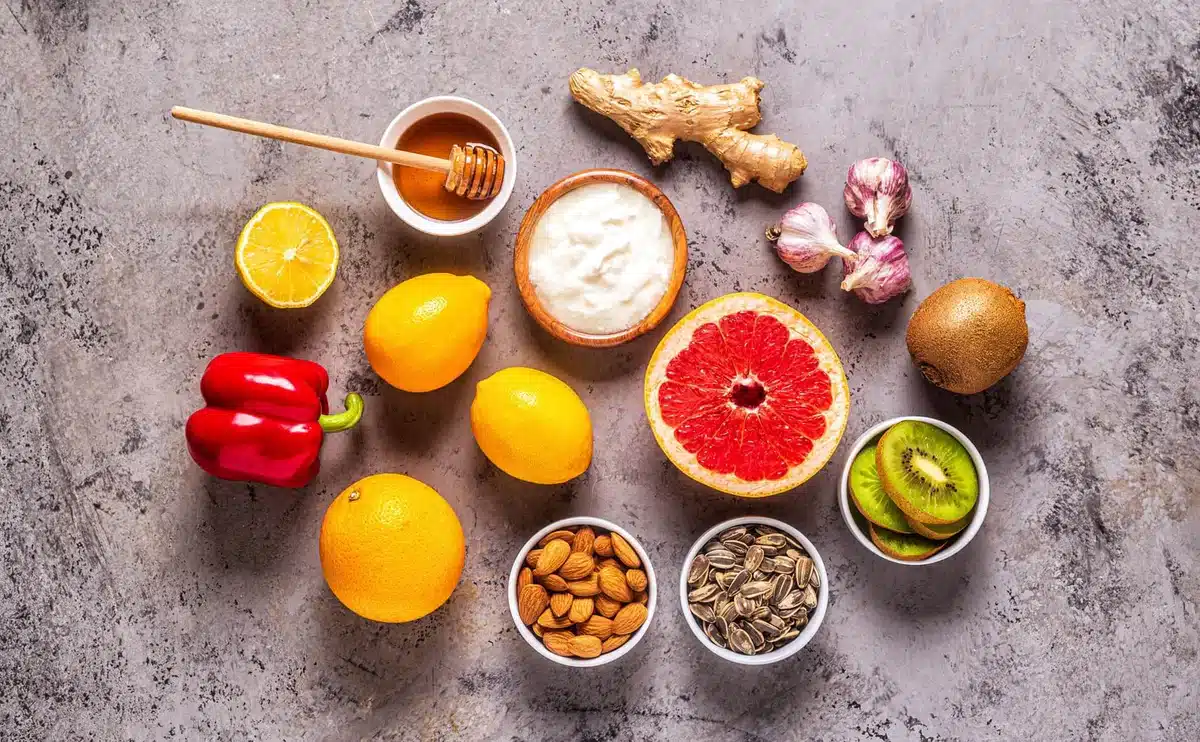10 Home Remedies for Strep Throat Symptoms

Pharyngitis or strep throat is one of the most frequent reasons for visiting general physicians and otolaryngologists (statistically about 15%). It is an inflammation of the upper respiratory tract, which is accompanied by pain and redness, dry cough, fever. Strep throat home remedies could be very helpful because they can relieve symptoms but don’t ignore visiting a doctor.
About 5-15% of all sore throat cases in adults and 20-30% in children are diagnosed with strep throat. It is most common in children aged 5 to 15, but it can attack people of any age, and natural remedies for strep throat are very useful for the first days. You can get this infection through airborne droplets when an infected person coughs or sneezes. It is also possible to become infected through contaminated surfaces. Symptoms of this disease typically appear 2 to 5 days after exposure to the bacteria, but in some cases, you need urgent care for strep throat.
Understanding the Symptoms of Strep Throat
The symptoms of a strep throat infection can vary, so you should use some home remedies when you notice the first signs. Some patients find all the signs listed below at once, and others find only some. How can you get rid of strep throat naturally? This is possible with the help of properly prescribed treatment.
The symptoms of the disease are:
- sudden severe pain;
- red tonsils, covered with white spots resembling pus;
- the appearance of red spots on the palate;
- tonsillitis;
- difficulty and pain in swallowing;
- high fever, which may rise suddenly;
- chills;
- inflammation of the lymph nodes (especially in the neck);
- loss of appetite;
- fatigue;
- body rash that starts on the neck and chest;
- headache.
Less common symptoms include muscle and joint pain, bad breath, nausea, vomiting, and pain in the abdomen and neck area.
Can strep throat go away on its own? Viral and bacterial sore throats have many similar symptoms, though there are some differences between them that can help in determining the cause and appropriate treatment. Rapid strep test services will help to detect the bacteriologic origin of pharyngitis in time and take the necessary treatment measures.
Strep throat can sometimes go away on its own without treatment, but this is not advisable. While the immune system may eventually clear up the infection, not treating it with antibiotics can lead to complications. Antibiotic treatment is recommended not only to alleviate symptoms more quickly but also to reduce the duration of the illness, prevent the spread of the infection to others, and avoid potential complications. That’s why you also have reasons to get an annual physical exam.
10 Home Remedies for Strep Throat
The optimal treatment is also selected depending on the type of pharyngitis. Antibiotics are generally necessary to fight bacterial pharyngitis. Home remedies will help to get rid of the symptoms of the disease, but to completely defeat the bacteria in the body, you should take antibiotics.
Symptomatic treatment of bacterial pharyngitis at home with strep throat self-care tips will facilitate the patient’s daily life, but it is an auxiliary means to antibiotic treatment. Therefore, if a person has symptoms of a streptococcal infection, it is important to contact the attending physician without delay.
Warm Salt Water Gargle: A Simple Yet Effective Remedy
How to get rid of strep throat naturally? A warm saltwater gargle is a time-tested home remedy that can significantly relieve the discomfort associated with pharyngitis. It helps to soothe irritated tissues, reduce inflammation, and create a less hospitable environment for bacteria.
You may rinse your mouth with warm salt water (1 teaspoon of salt per 250 ml of water). These rinses are a simple and economical way to clear the throat and relieve symptoms of inflammation. Scientists published a study in the American Journal of Preventive Medicine in 2005, showing that gargling with salt water can help prevent upper respiratory tract infections. The research involved nearly 400 healthy volunteers and found that upper respiratory tract infections have dropped by almost half compared to those who didn’t. Additionally, the study noted that gargling helped reduce the symptoms’ severity.
Honey and Lemon: A Soothing Combination
A classic way of home remedies for strep throat, the combination of honey and lemon offers comforting relief. Honey can help reduce irritation and pain, fighting infection and coating the throat.
Lemon boosts the immune system because of vitamin C and helps break up mucus, making breathing easier. When combined, honey and lemon can soothe a sore throat, ease coughing, and provide a comforting remedy that promotes healing. Simply mix warm water with a tablespoon of honey and the juice of half a lemon, and sip slowly for relief.
However, you should not eat too many citrus fruits, as such strep throat self-care can cause throat irritation and coughing.
Herbal Teas: Nature’s Healing Power
Herbal teas offer nature’s healing power for soothing throat symptoms. They are known for their anti-inflammatory, antibacterial, and soothing properties.
- Chamomile tea helps reduce throat inflammation and promotes relaxation.
- Ginger tea has antimicrobial effects that may aid in fighting the infection and provide warmth and comfort.
- Home remedies for strep throat as peppermint tea, can ease throat pain and open nasal passages.
Drinking warm teas can help alleviate soreness, reduce swelling, and keep the throat hydrated, making them an effective natural remedy for pharyngitis relief.
Apple Cider Vinegar: Natural Antibacterial Solution
Apple cider vinegar’s antibacterial properties help neutralize infections in the throat that cause pain. While it should not replace full treatment, it can be a good addition to therapy.
A mixture of apple cider vinegar, gargling and warm water can help soothe the throat, break down mucus, and ease pain. Additionally, its antimicrobial properties may assist in fighting the bacteria causing strep throat. To use natural remedies for strep throat, use 1 tablespoon of vinegar with a glass of warm water, gargle for 30 seconds, and then spit it out. This can be done several times a day for relief.
Steam Inhalation: Clear Your Airways
Steam inhalation is an effective way to clear your airways and relieve the discomfort associated with the disease. Inhaling warm, moist air can help soothe the inflamed tissues of the throat and nasal passages, reduce congestion, and loosen mucus.
This method provides immediate relief from throat irritation and can make breathing easier, especially if your strep throat is accompanied by nasal congestion. To practice steam inhalation, boil water, pour it into a bowl, and lean over it with a towel covering your head to trap the steam. Inhale deeply for 5-10 minutes.
Does strep go away on its own? While steam inhalation can provide temporary relief, consulting a healthcare professional is crucial.
Hydration: The Importance of Drinking Fluids
Water helps to eliminate toxins and bacteria from the patient’s body and stimulates the kidneys, as if flushing them out and not allowing them to fix themselves there. In addition, water moisturizes the mucous membranes of the respiratory tract (nose, mouth and throat), which dry out during breathing difficulties. These strep throat self-care tips help to thin and remove mucus from the body, phlegm from the throat and nose is “flushed” and eliminated naturally. Since water is a natural solvent, consuming it during illness removes germs and bacteria more quickly.
Ginger: A Natural Anti-inflammatory
Ginger is a powerful natural anti-inflammatory that can relieve strep throat symptoms. Its active compounds have anti-inflammatory and antimicrobial properties that help reduce throat inflammation and fight infection.
Consuming natural remedies for strep throat can help soothe a sore throat, decrease pain, and promote faster healing. You can cook fresh ginger in hot water or add ginger to honey and lemon for an enhanced remedy. Ginger tea can provide significant comfort and support during recovery.
Chamomile Tea: Relaxation and Relief
Chamomile tea offers both relaxation and relief for strep throat. Renowned for its anti-inflammatory and soothing properties, chamomile can help reduce throat irritation and ease pain. The tea promotes relaxation, which can be especially beneficial if the disease is causing discomfort and stress.
Drinking chamomile tea warms the throat and helps alleviate symptoms such as soreness and inflammation. To use, steep chamomile tea bags in hot water for 5-10 minutes then sip slowly. If you add honey, it will enhance its soothing effects and provide additional antibacterial benefits. Regular consumption of home remedies for strep throat can support your recovery.
Peppermint: Cooling Relief for Throat Pain
Peppermint is a great remedy for cooling relief from throat pain. The menthol in peppermint has natural analgesic and anti-inflammatory properties that can soothe irritation and reduce inflammation in the throat. Peppermint also helps open nasal passages, easing breathing and decreasing congestion.
Peppermint tea can provide immediate comfort. For tea, steep peppermint leaves or a tea bag in hot water for 5-10 minutes, and sip slowly. These strep throat home remedies help avoid throat discomfort and promote easier breathing.
Rest: The Most Important Remedy for Recovery
You need to sleep and rest well because it allows your body to focus on fighting the infection and healing the inflamed throat tissues. Getting plenty of sleep and taking it easy supports your immune system, reduces stress, and accelerates recovery. Avoid strenuous activities and prioritize relaxation to help your body recover more efficiently. Resting not only alleviates symptoms but also minimizes the risk of complications. Adding the “7 heart healthy habits” to your daily routine can support your overall health.
When to See a Doctor: Understanding the Limits of Home Remedies
While natural remedies for strep throat can relieve strep throat symptoms, it’s essential to recognize when medical attention is needed. See a doctor if:
- Persistent symptoms. If they do not improve within 48 hours, visit a doctor.
- Severe pain. You experience severe throat pain that makes swallowing difficult or painful.
- High fever. You have a high fever (above 101.5°F or 38.6°C) that does not subside with over-the-counter medication.
- Rash. You develop a rash, which could indicate complications such as scarlet fever.
- Difficulty breathing. You have trouble breathing or swallowing.
- Recurring infections. You experience frequent or recurrent strep throat infections.
Strep throat home remedies can temporarily relieve strep throat symptoms, but you shouldn’t ignore professional medical care. You need to consult a doctor or visit urgent care near you for proper diagnosis and treatment, especially if symptoms persist, worsen, or there are additional concerning signs.
Conclusion
Remember, antibiotics are often necessary to eradicate the bacterial infection causing strep throat, and strep throat self-care tips at home only help relieve some symptoms. Take control of your strep throat symptoms with effective home remedies and timely medical attention.






